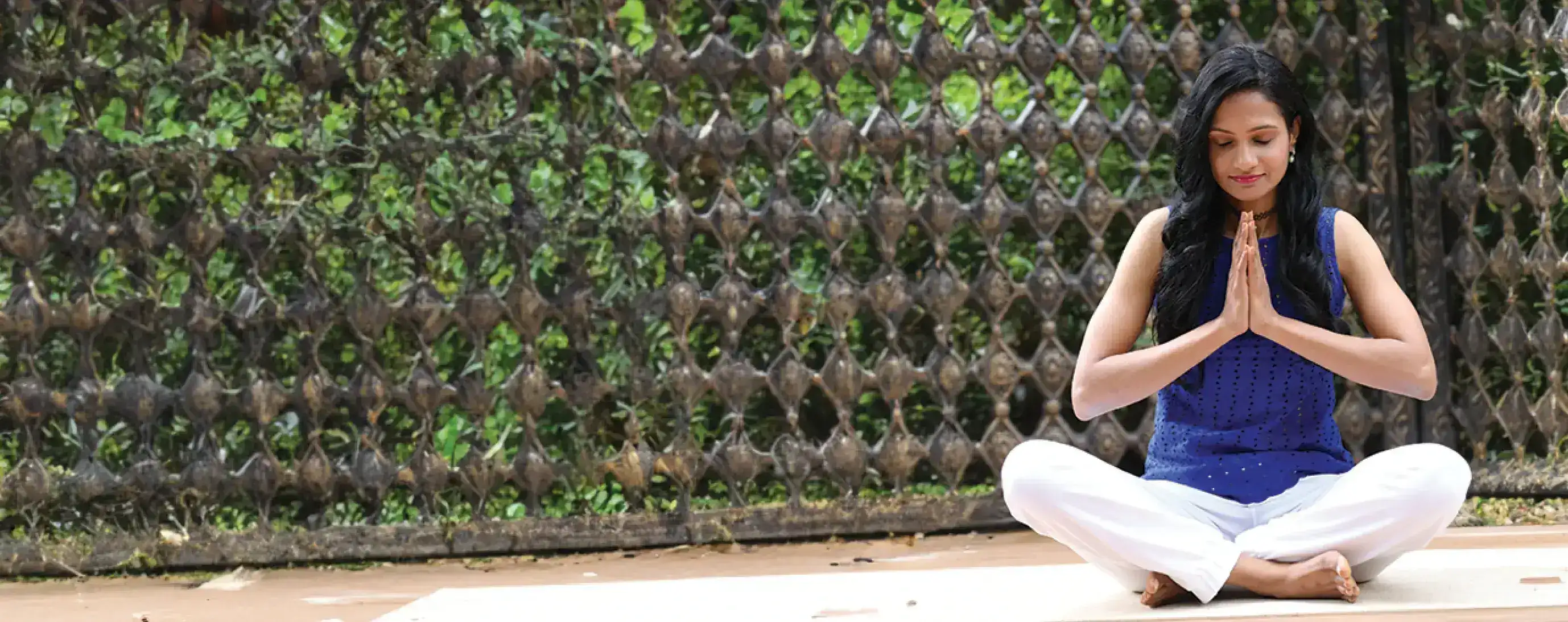The Emotional Side of PCOD No One Talks About (and How Yoga Helps)
Why PCOD Impacts Emotions—And How Yoga Restores Balance
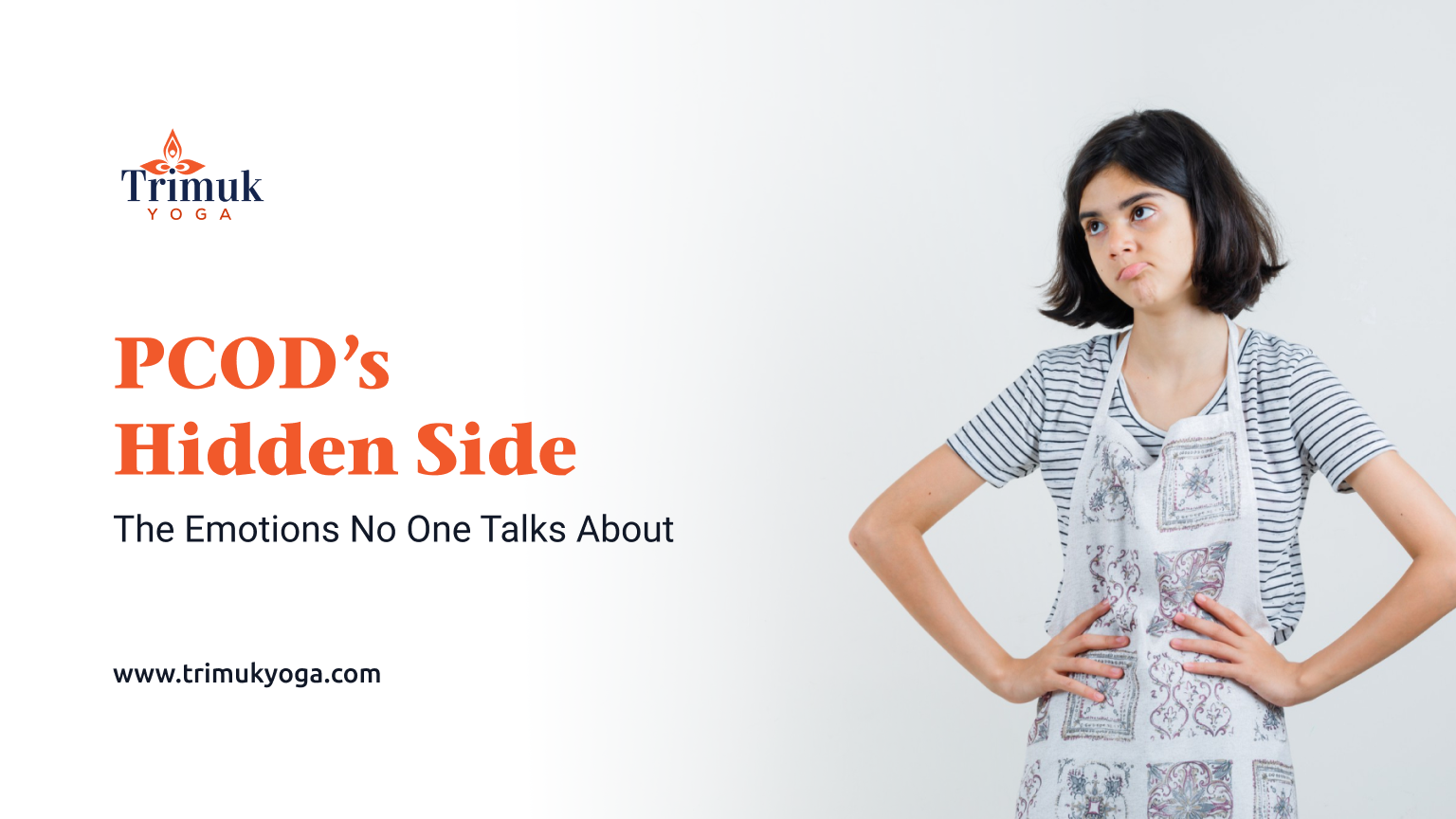

Have you ever felt like your body is running a race you didn’t sign up for? You’re tired, moody, bloated, and just not feeling like yourself. Most people hear about PCOD and immediately think: irregular periods, acne, weight gain. But what about the silent side? The anxiety. The emotional rollercoaster. The sense of disconnection. That’s the part no one talks about. And yet, it’s often the part that hurts the most.
As a yoga instructor who has worked with hundreds of women navigating PCOD, I’m Radhika Bargava, and I want to share a side of healing that goes beyond medication and diet charts. This blog is a space for real talk, real emotion, and real healing.
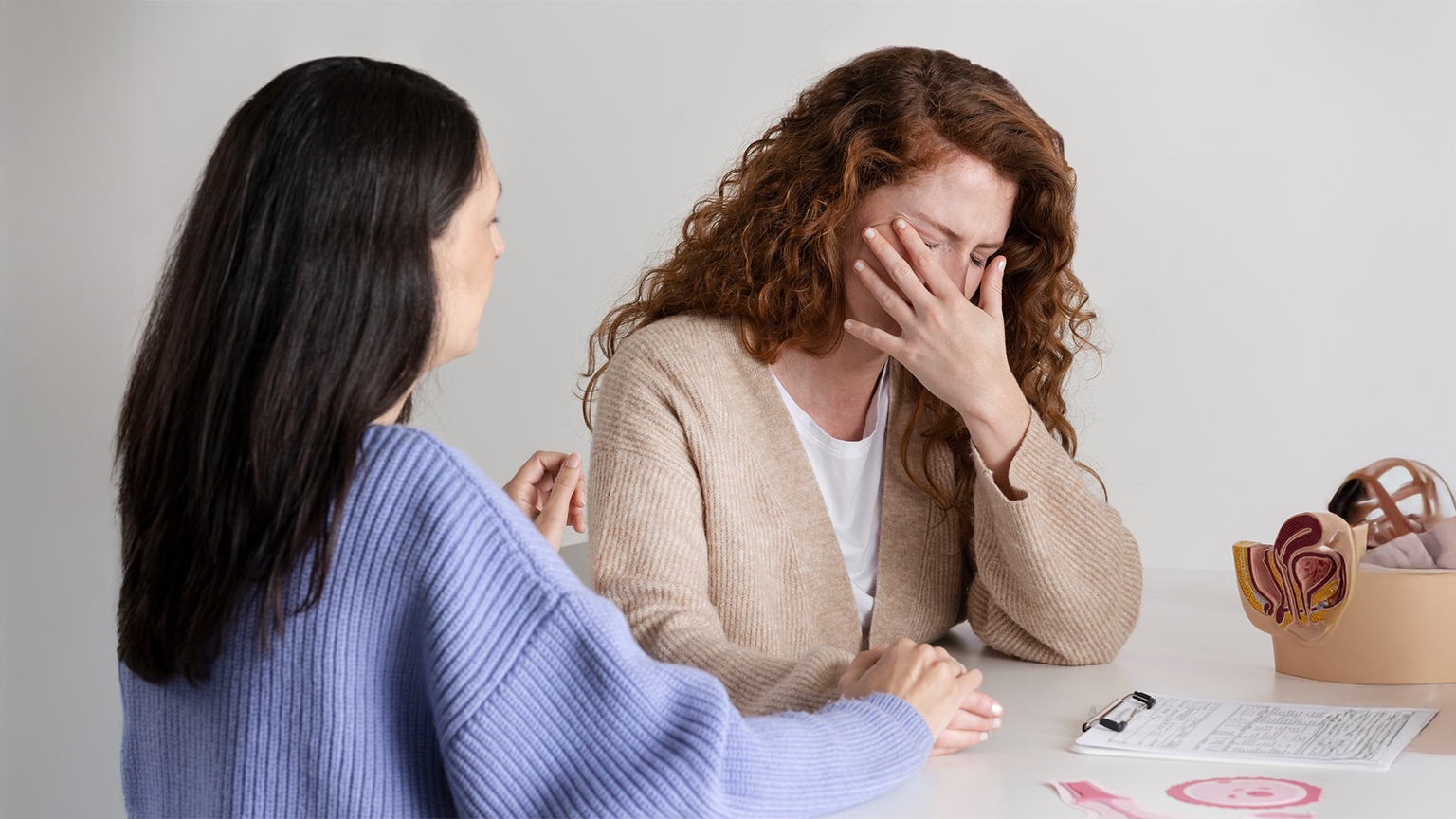
PCOD (Polycystic Ovarian Disease) affects nearly 1 in 10 women. It’s not just a hormonal disorder; it’s a disruption of rhythm, balance, and flow. When your hormones go haywire, so does your mood. Cortisol shoots up. Insulin resistance causes energy crashes. Testosterone levels rise, affecting your confidence, your skin, your cycles.
Beyond the science, PCOD makes you feel alienated from your own body. You might feel betrayed by it. You might feel ashamed. And you might not even realize how deep the emotional wound runs until you find yourself crying for no reason or avoiding mirrors altogether.
In my classes, I’ve had students burst into tears in Savasana. Not because of pain, but because they finally felt safe enough to feel. That’s the emotional landscape we need to explore—and yoga is the perfect guide.
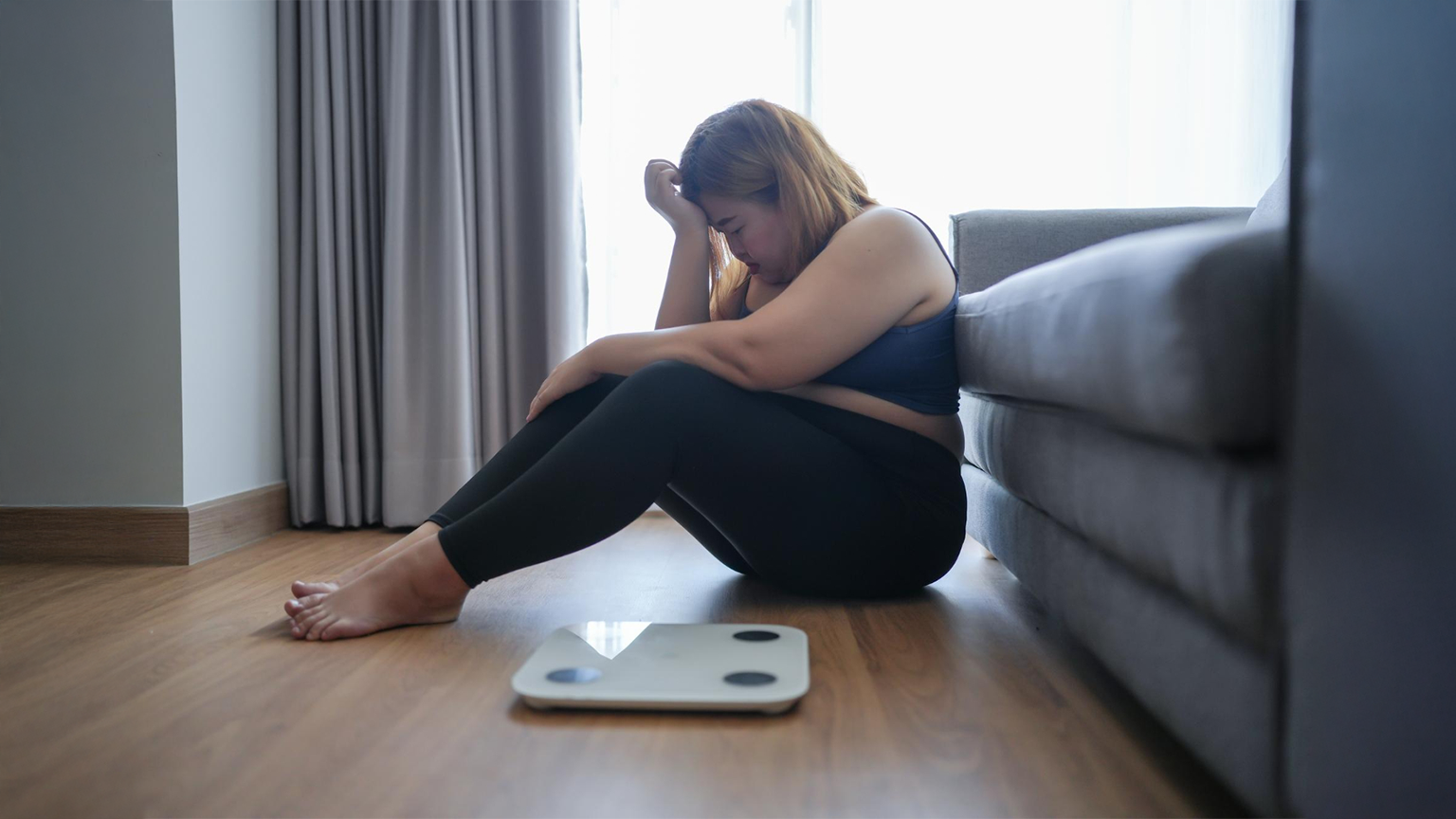
These feelings are real. They matter. And they deserve attention, not dismissal.
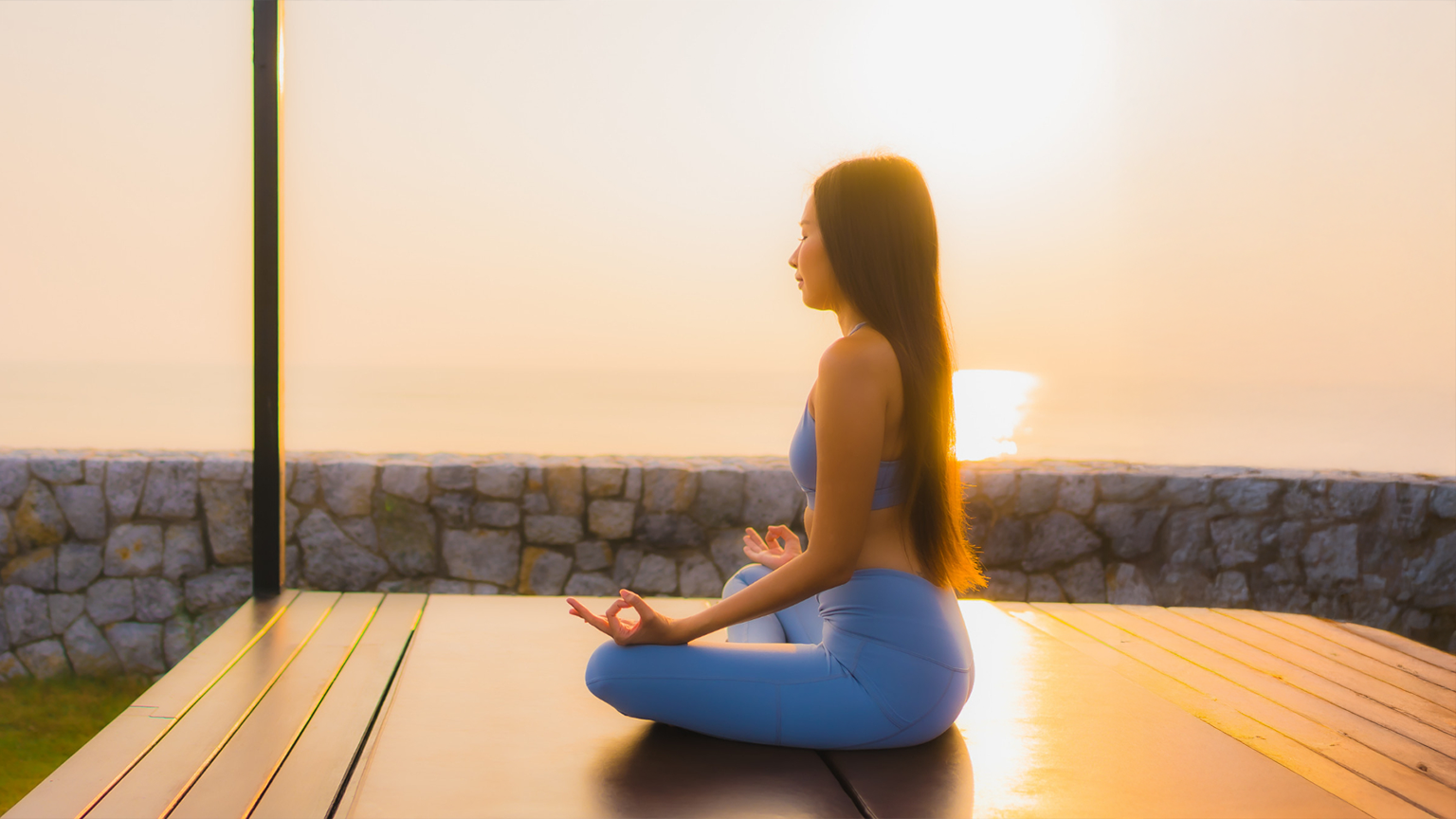
Yoga is more than just stretching and breathing. It’s a return to self. It’s therapy for the body, mind, and spirit—wrapped into one compassionate practice.
From a yoga mat, I've seen my students transform—not by mastering a handstand, but by finally meeting themselves with kindness.
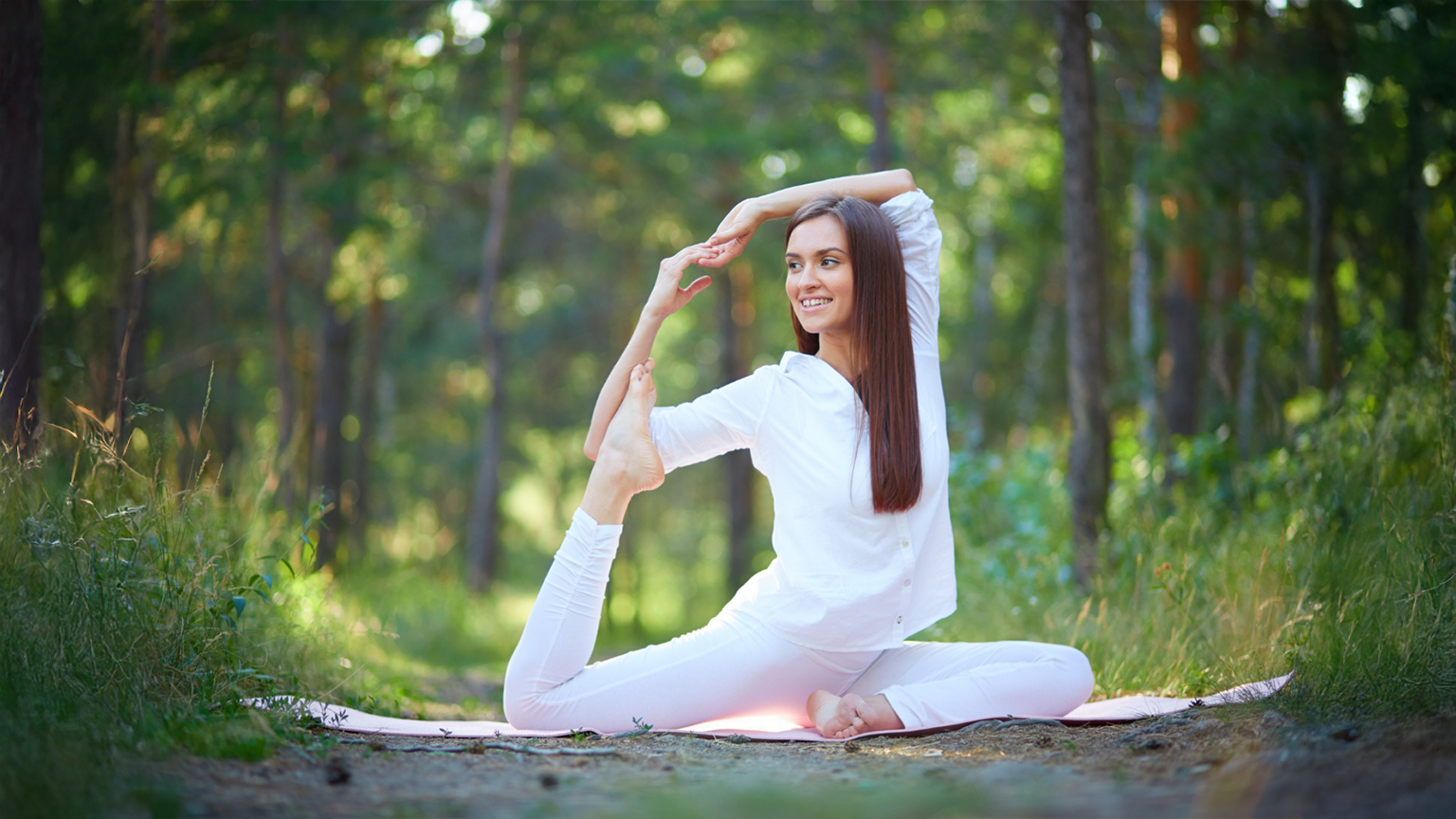
You don’t need an hour. You just need presence. Here’s a short practice you can try:
Let go of judgment. Let go of control. This is your space.
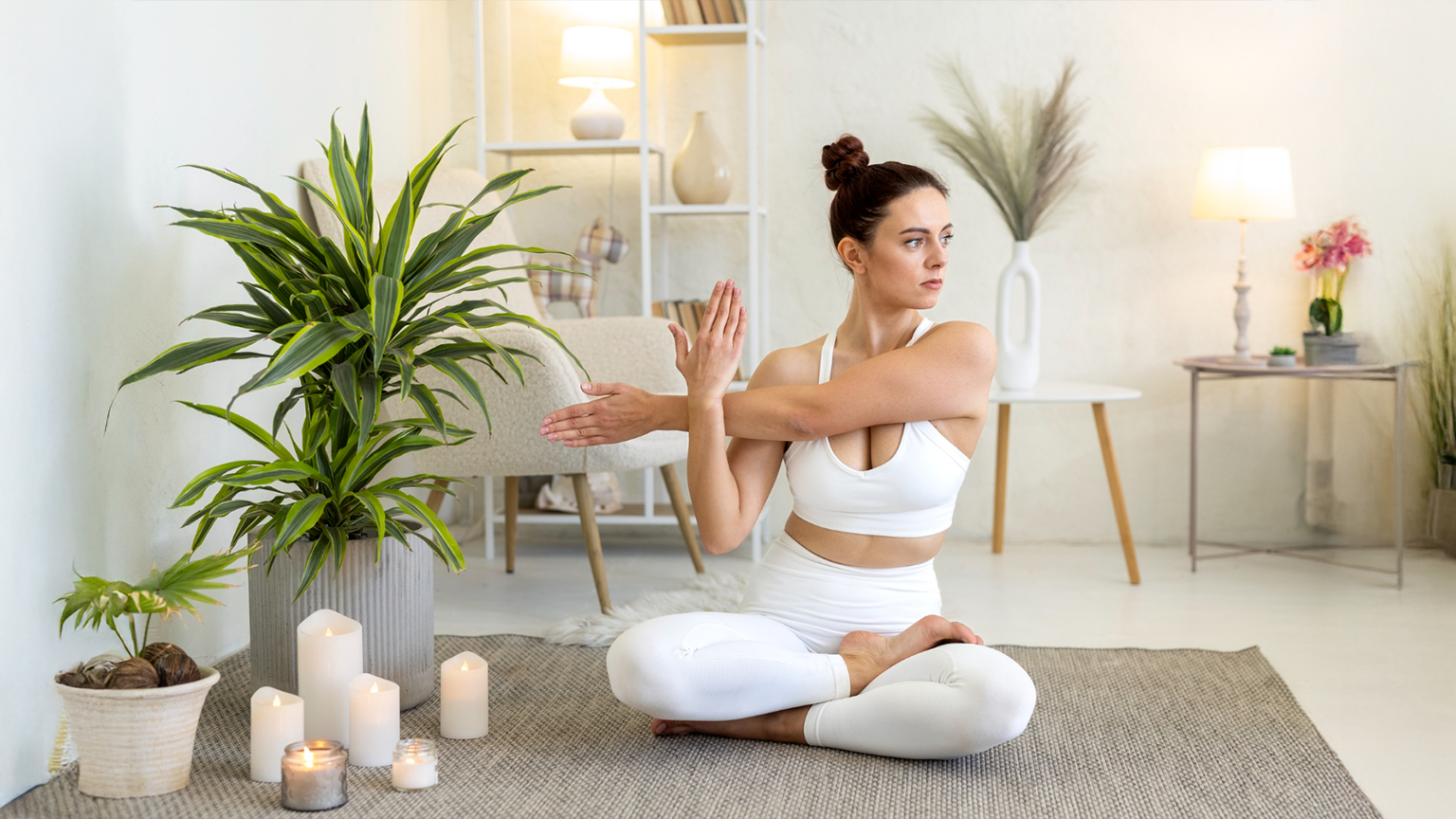
Yoga won’t cure PCOD. But it can change your relationship with it.
One of my students once said, "I don’t hate my body anymore. I listen to it." That’s healing.
PCOD is tough. But you are tougher. And you are not alone. Yoga is here to hold your hand—not to fix you, but to remind you that you were never broken. Your emotions are valid. Your story matters. And your journey is sacred.
"When you meet yourself on the mat without judgment, healing begins." — Radhika Bargava
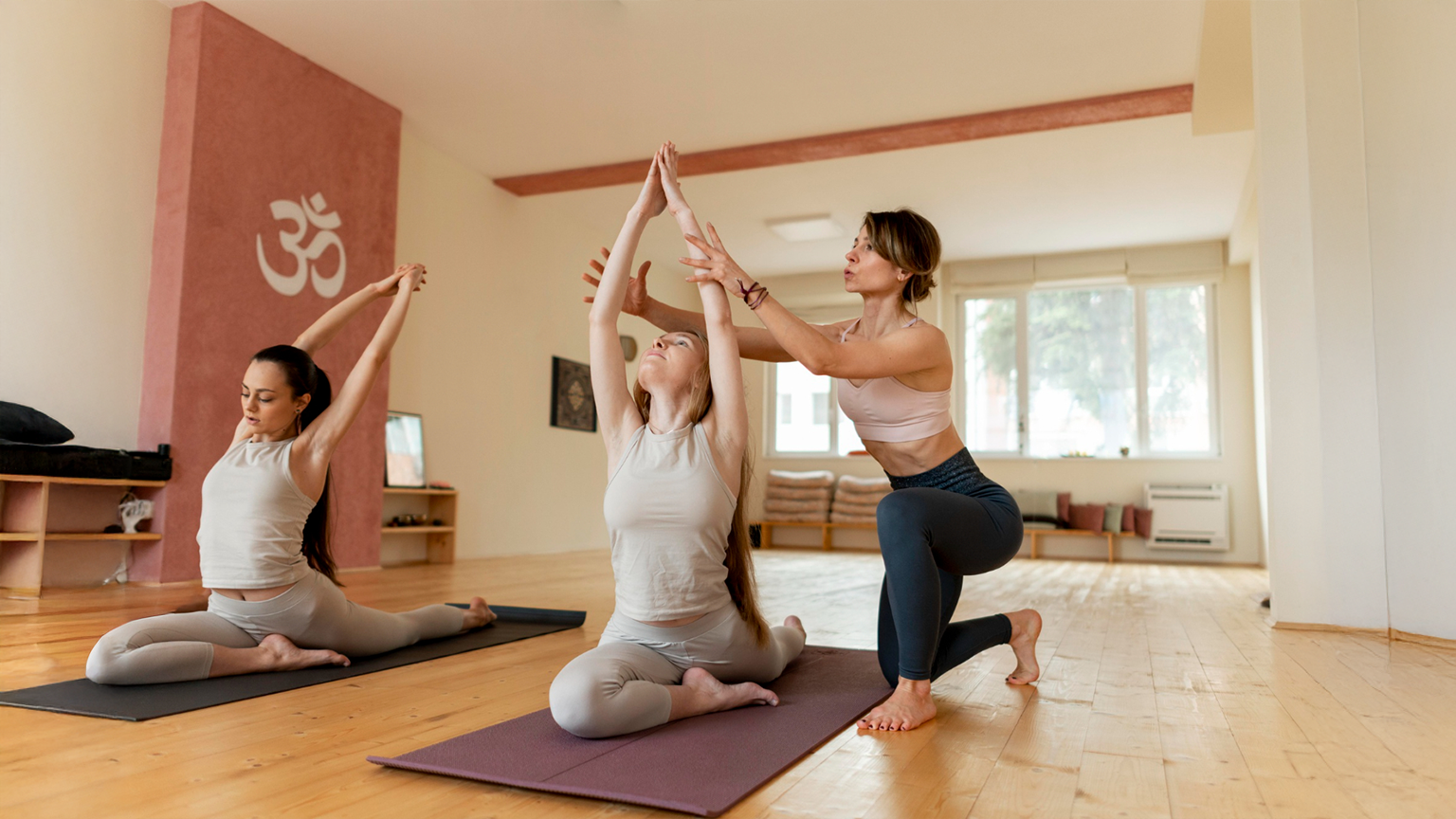
Join Radhika Bargava in her personalized yoga programs designed for women with PCOD. Discover how breath, movement, and compassion can become your daily medicine.
1. Will I cry during yoga?
Yes, and that’s okay. It’s a sign your body is releasing emotional tension.
2. Do I have to be flexible?
No. Flexibility is not a prerequisite. Yoga meets you where you are.
3. Is 10 minutes enough?
Yes. Even 10 mindful minutes can reset your emotional state.
4. Can yoga replace medical treatment?
No, but it is a powerful complementary practice to support healing.
5. Is it normal to feel tired after yoga?
Yes, especially if emotional release occurs. It's your body processing.
6. Will yoga help regulate my hormones?
Indirectly, yes—by reducing stress and balancing the nervous system.
7. Is breathing really that powerful?
Absolutely. Pranayama calms anxiety and promotes clarity.
8. Can I practice yoga on my period?
Yes, gently. Choose restorative or yin-style practices.
9. What if I can’t focus during practice?
That’s okay. Awareness itself is progress. Just begin again.
10. Do I need special equipment?
No. A mat and a quiet space are enough to start.
A renowned and qualified yoga instructor with years of experience in teaching traditional Hatha Flow and Ashtanga Vinyasa Yoga, Radhika is passionate about sharing the true essence of yoga with her students. Being a certified yoga teacher and health & nutrition coach, Radhika demonstrates a deep understanding of mind-body connection which is reflected in her tailored classes.
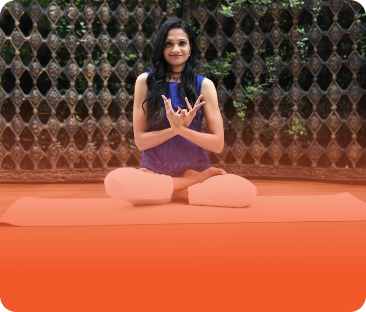
Get personalized care. Consult specialists about your concerns and treatments.
